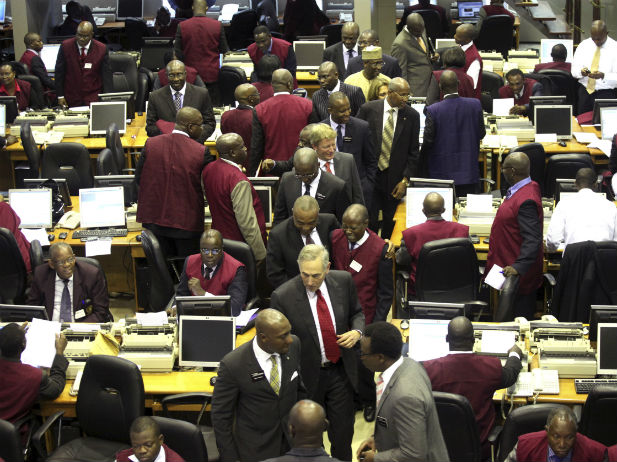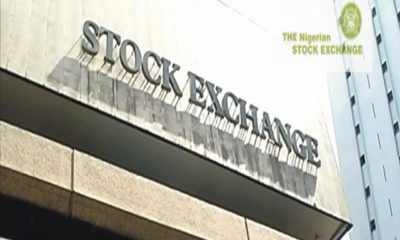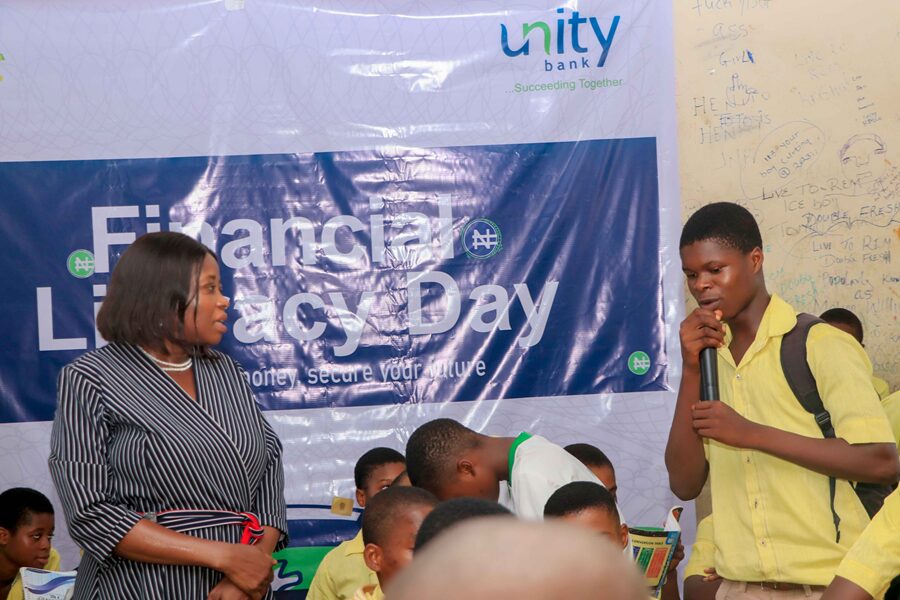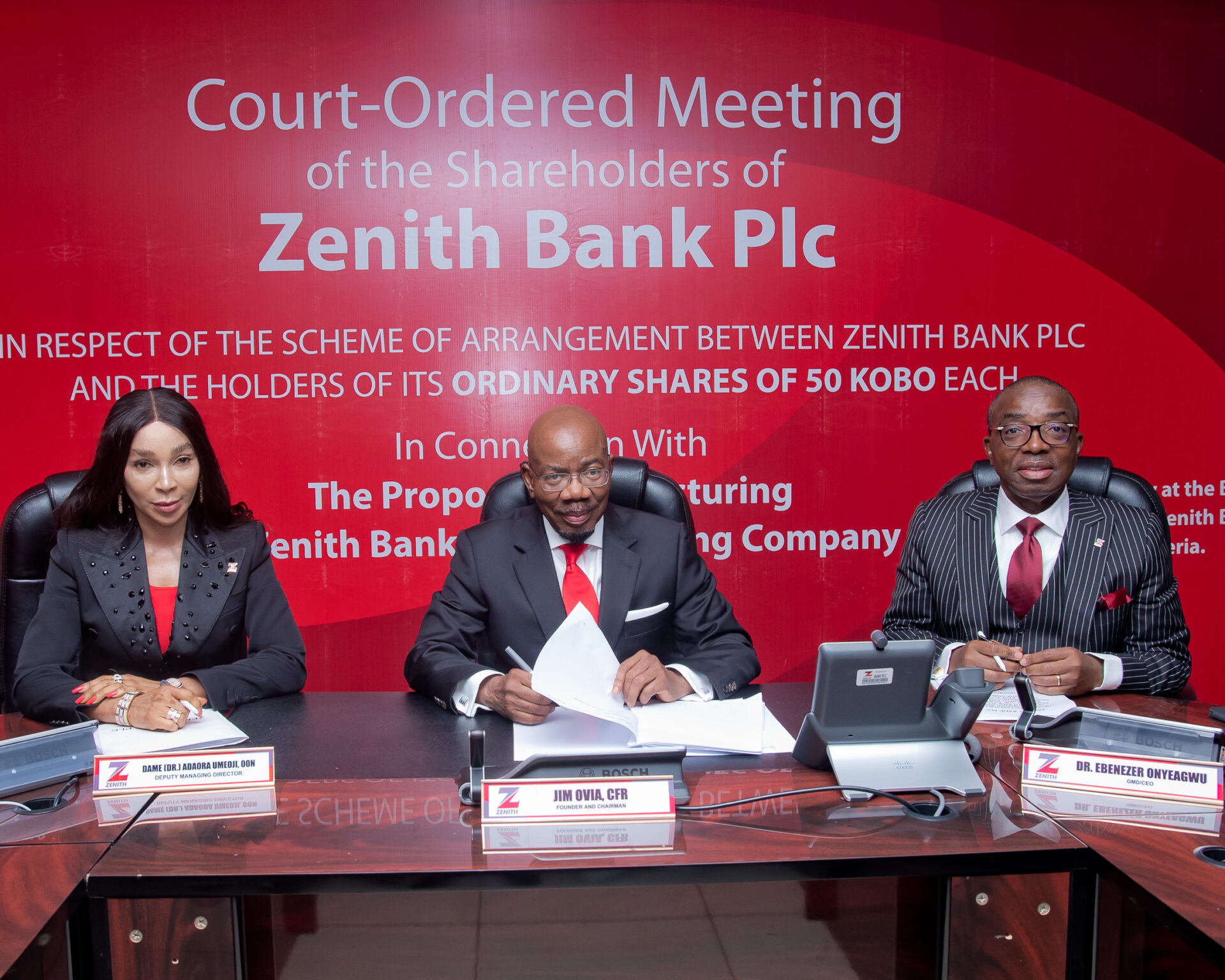- Investors Lose N546.2b in First Half
Investors in Nigerian equities suffered average depreciation of 4.66 per cent in their portfolios during the first half of this year. This is equal to a net loss of N546.2 billion during the six-month period.
This extended the losing streak at the market over the past 18 months to a net loss of N3 trillion or an average decline of 22.5 per cent.
Benchmark index showed that Nigerian equities traded mostly negative during the period, declining in four of the six months. The market also closed both the first and second quarters on the downside.
The All Share Index (ASI) – the main value-based index that tracks share prices at the Nigerian Stock Exchange (NSE) – closed June 2019 at 29,966.87 points – indicating an average decline of 3.55 per cent, 3.46 per cent and 4.66 per cent for June, the second quarter and half-year.
The ASI had opened 2019 at 31,430.50 points, 17.81 per cent down from its 2018’s opening index of 38,243.19 points. It had, however, rallied a world-leading gain of 42.30 per cent in 2017.
Most analysts remained cautious of the outlook for the equities market in the immediate period, although most investment pundits agreed attractive valuations, steady corporate earnings and stable macroeconomic situation hold significant medium to long-term values for Nigerian equities.
“Our outlook for equities in the short to medium term remains conservative, amidst the absence of a positive catalyst,” Cordros Capital stated at the weekend.
Ibadan Zone Shareholders Association (IBZA) Chairman Eric Akinduro, blamed political tension and related slowdown and macroeconomic uncertainties for the performance of the market in the first half. Nigeria had its general elections in the first quarter, during which President Muhammadu Buhari was re-elected. However, the main opposition candidate and former vice president, Alhaji Atiku Abubakar of the Peoples Democratic Party (PDP) is still challenging the election results at the tribunal.
According to him, the first half performance was far below expectations mainly due to pre- and post- election tensions.
“The economy was full of uncertainties, the political climate was volatile, insecurity and unrest and many more challenges contributed to the poor performance. Companies were not sure of what government policy would be, there was no definite business-oriented policies that could have helped the market,” Akinduro said.
He said the negative trend might continue for awhile because the economy has not shown any serious positive sign.
While commending the government for the success of its foreign exchange management, Akinduro said it needs to do more to create enabling environment for companies to operate and deliver better results, which could stimulate the market.
The unabsorbed impact of the listing of Nigeria’s largest telecoms company, MTN Nigeria Communications Plc, in May 2019 however, coloured the market capitalisation with a resemblance of gain.
The NSE listed 20.35 billion ordinary shares of MTN Nigeria at N90 per share, representing initial listing value of N1.83 trillion. The new listing and subsequent rally rallied the market capitalisation to a gain of N2.726 trillion in May 2019, one of the two months that ended positive. The other positive month was in February.
With the MTN effect, aggregate market value of all quoted companies on the NSE closed first half at N13.206 trillion, implying a gain of N1.49 trillion during the first half. Market capitalisation of equities had opened 2019 at N11.721 trillion. It had opened 2018 at N13.609 trillion.
Based on market values, the ASI and market capitalisation are correlated indices and without new listing or delisting, usually move simultaneously in the same direction. But the ASI is weighted, and as such adjusted for the new listing while the market capitalisation is a straight-line summation of share prices and issued shares. Thus, where the ASI and market capitalisation differ, the ASI is widely regarded as the true representation of the market condition.
The market started the year with a loss in January, rallied to appreciable recovery in February and relapsed into negative again in March. It continued on the bearish side in April before the MTN Nigeria’s listing provided a breather in May and then relapsed again in June.
Nigerian equities lost N326 billion in January, with average decline of 1.82 per cent. The ASI and market value of equities had closed January at 30,557.20 and N11.395 trillion. In February, investors in Nigerian equities netted N433 billion in capital gains as the stock market staged a major recovery. Average return for the month stood at 3.80 per cent. The ASI and market value of quoted equities had closed February higher at 31,718.70 points and N11.828 trillion. The market rounded off the first quarter with a net loss of N156 billion and average decline of 2.135 per cent in March 2019.
The market suffered a major contraction in April as the bearishness defied earnings reports and dividend recommendations. Quoted equities lost N714 billion in April. The ASI dropped from April’s opening index of 31,041.42 points to close the month at 29,159.74 points, representing average month-on-month decline of 6.06 per cent. Aggregate market value of all quoted equities also dropped from the month’s opening value of N11.672 trillion to close at N10.958 trillion.
In May, aggregate market value of all quoted companies at the NSE closed at N13.685 trillion, N2.726 trillion above the opening value of N10.959 trillion for the month. The gains of N2.726 trillion included entry listing value of N1.83 trillion added by the listing of MTN Nigeria. The May rally moderated the negative average year-to-date return, which had opened the month at -7.22 per cent, to -1.15 per cent for the five-month period.


 Forex4 weeks ago
Forex4 weeks ago
 Naira3 weeks ago
Naira3 weeks ago
 Billionaire Watch3 weeks ago
Billionaire Watch3 weeks ago




 Naira3 weeks ago
Naira3 weeks ago








 Naira3 weeks ago
Naira3 weeks ago


 Naira2 weeks ago
Naira2 weeks ago








 Naira2 weeks ago
Naira2 weeks ago








 Naira4 weeks ago
Naira4 weeks ago


















